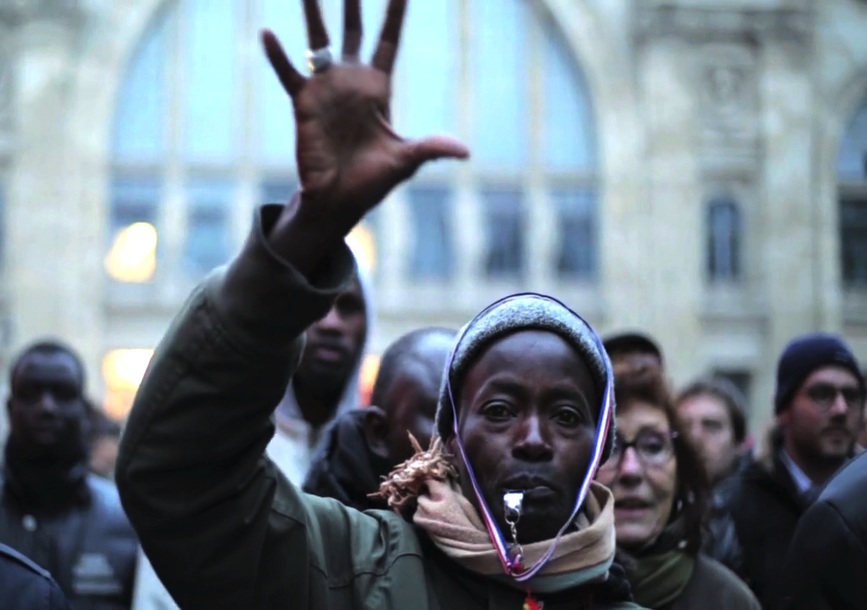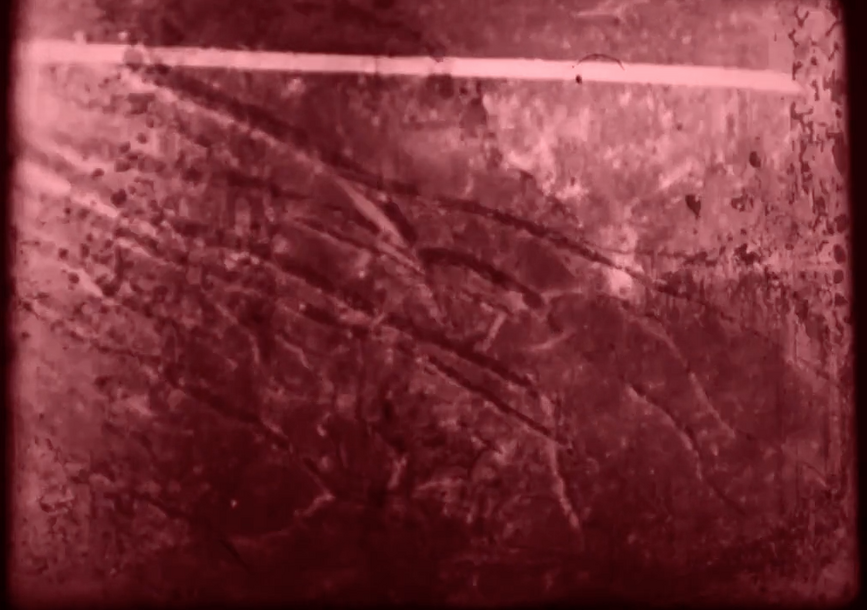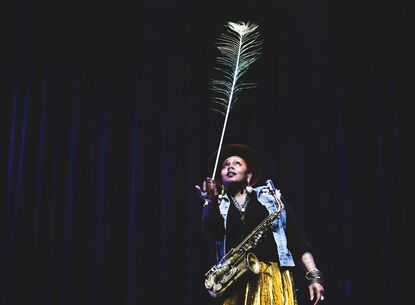
Traces, imprints and vital gestures: three experimental films
about the artist
Bani Khoshnoudi
Filmmaker and visual artist Bani Khoshnoudi (born 1977, Tehran) was born in Tehran and immigrated to the United States in 1979 during the revolution. She studied architecture, photography, and cinema at the University of Texas at Austin, and then continued her studies at the Independent Study Program of the Whitney Museum of American Art in New York. Her works, inhabited by displacement and uprooting, explore themes of exile, modernity and its effects, memory, and the invisible. While her documentary and fiction films Transit (2005), A People in the Shadows (2008), The Silent Majority Speaks (2010-‘14), and Luciérnagas (2018) dig into the layers, stories, and experiences related to global migrations, nomadisms, and historical struggles for freedom, her photographs and installations also work with the textures and traces of these stories; architecture and ruins, human imprints on the earth. Her most well-known film, the documentary essay The Silent Majority Speaks, was banned in Lebanon and considered “offensive to the Iranian regime”. This political fresco about 100 years of political revolt in Iran was included in Georges Didi-Huberman’s exhibition book, Uprisings for the Jeu de Paume Museum in Paris and was named by French curator and critic Nicole Brenez as one of 10 essential films of the century. In 2014, she collaborated with filmmaker Harun Farocki and Antje Ehmann on their project Labour in a Single Shot in Mexico City. Bani’s work has been shown at the Centre Pompidou and Fondation Cartier (Paris), Fondation Serralves (Porto, Portugal), Museo Universitario de Arte Contemporáneot (Mexico City), and the Museum of Contemporary Art (Zagreb, Croatia), among others. In 2022, Bani received the prestigious Herb Alpert Award for the Arts in Film/Video.
FILMS
Sap (2022)
Dir. Bani Khoshnoudi, 18 min.
Transit(s) (2016)
Dir. Bani Khoshnoudi: Our Traces, Our Ruins, 45 min.




